
James Earl Jones, the beloved stage and screen actor who lent his iconic, deep voice to Darth Vader in Star Wars and Mufasa in The Lion King, has died at 93.
Regarded as one of the best actors of his generation, Jones’ career spanned Shakespeare to Hollywood hits. He is one of the few actors to have won an Emmy, Grammy, Oscar, Tony Award.
The actor’s death was reported by Deadline, via his representatives at Independent Artist Group.
James Earl Jones was born January 17, 1931 in Arkabutla, Mississippi and raised by his grandparents in Dublin, Michigan. While he would later become one of the most famous voices in the world, he says he suffered from a stutter in his youth.
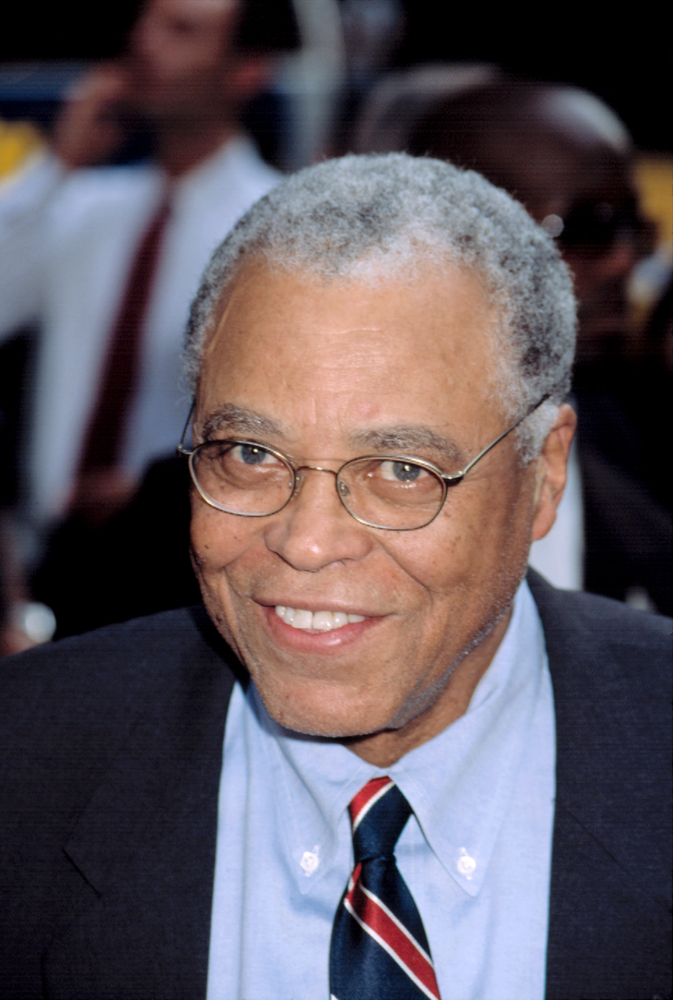
“I was a stutterer. I couldn’t talk,” Jones recalled in a 1996 interview. “So my first year of school was my first mute year, and then those mute years continued until I got to high school.” A teacher encouraged him to overcome his stutter by reading poetry aloud.
Jones served in the US Army during the Korean War, and after decided to pursue a career in acting. He studied at the American Theatre Wing, working as a janitor to support himself. By the 1960s, Jones was establishing himself as one of his generation’s great Shakespearean actors, playing roles like Othello and King Lear. He also made his film debut in Stanley Kubrick’s classic 1964 comedy Dr. Strangelove, as bombadier Lt. Lothar Zogg.
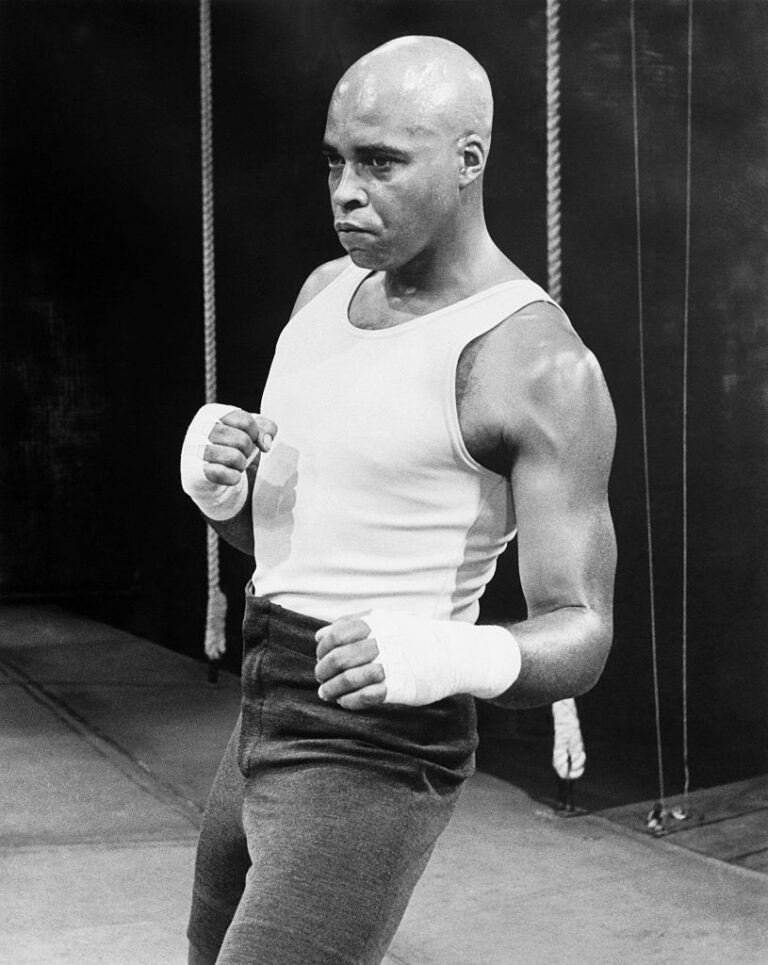
In 1967, he played a boxer in The Great White Hope, winning the Tony Award for Best Actor in a Play. He reprised the role in the 1970 film version, receiving his first Academy Award nomination.
Amidst all his acclaimed acting work, Jones soon landed his most well-known and iconic role — one where he didn’t even have to appear on set: voicing the villainous Darth Vader in Star Wars. While Vader was played in costume by David Prowse, Jones dubbed over the lines with his own deep bass voice, helping to create one of the most famous characters in movie history.
While Jones originally opted to go uncredited for the role, it has become perhaps his most famous performance. He continued to voice Vader for decades, in the two sequels The Empire Strikes Back and Return of the Jedi, the prequel Revenge of the Sith and the spin-off Rogue One. In 2022, Jones retired from the role, but signed an agreement for his voice to be used in future projects using artificial intelligence and archive recordings.
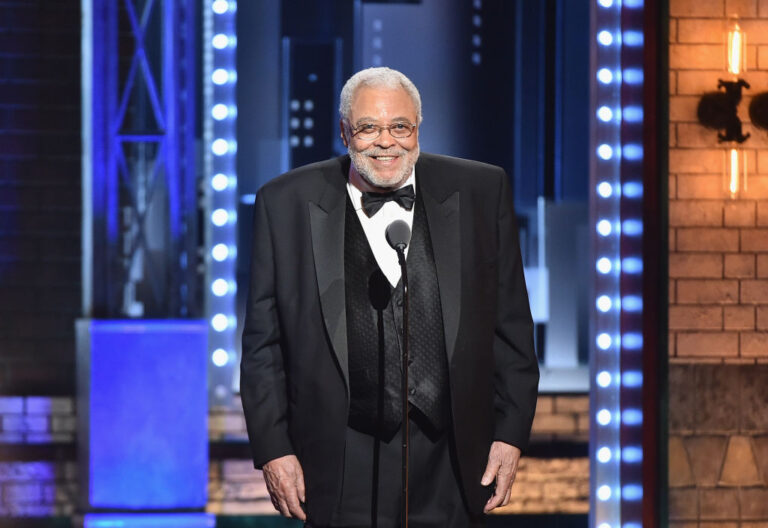
Jones also provided the voice of another beloved movie character, Mufasa in the 1994 Disney film The Lion King. Jones later reprised the role in the 2019 remake.
Throughout the ’80s and ’90s, Jones appeared in many Hollywood films, including Conan the Barbarian, Coming to America, Field of Dreams, and The Hunt for Red October, Patriot Games and The Sandlot. He also won his second Tony Award, starring in the original production of August Wilson’s Fences.
He received eight Emmy Award nominations for his television work, winning twice in 1991: Outstanding Supporting Actor in a Limited Series or Movie for Heat Wave and Outstanding Lead Actor in a Drama Series for Gabriel’s Fire.
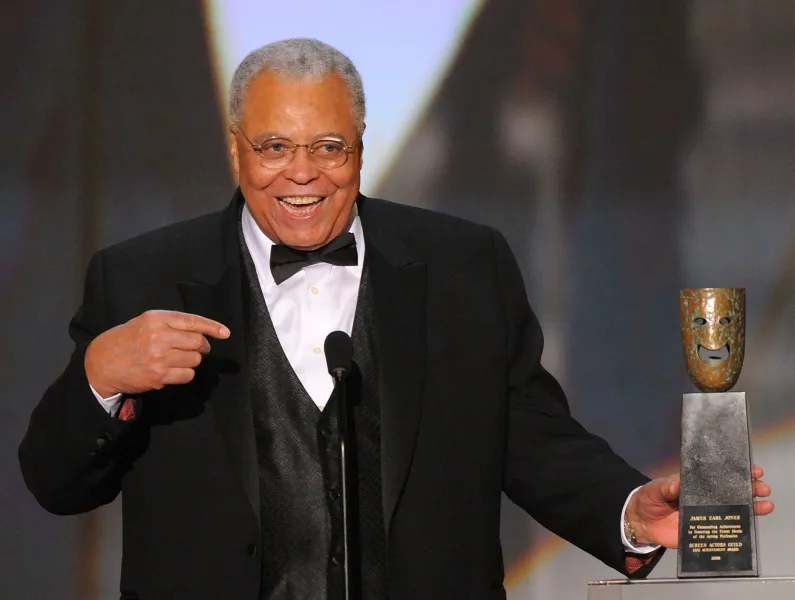
Jones also continued to perform on Broadway: over the past 20 years he starred in revivals of On Golden Pond, Cat on a Hot Tin Roof, Driving Miss Daisy, The Best Man and You Can’t Take it With You.
Jones was the recipient of many awards and honors throughout his acclaimed career. He received an Honorary Academy Award in 2011, making him one of the only people to have won an Emmy, Grammy, Oscar and Tony Award, known as “EGOT.” Broadway’s Cort Theatre was renamed the James Earl Jones Theatre in his honor in 2022.
Rest in peace to the iconic James Earl Jones, one of the greatest actors of our time — please share this
Watch What Whoopi Said To Liz Cheney During A Recent Episode Of ‘The View’
Liz Cheney, the daughter of Dick Cheney and one of the most anti-Trump members of the GOP, lost her seat in Wyoming to Harriet Hageman but now is being encouraged by far-Ieft Whoopi Goldberg to run for the presidency in 2024.
Such is what Whoopi said during a recent episode of “The View” on which Liz Cheney appeared. During the episode, Whoopi clutched her pearls and claimed that Trump wants to be a dictator for life while begging Liz Cheney to run as a third party to sink Trump’s presidentiaI bid and save America from that supposed dictatorship.
Beginning, Whoopi, a constant voice of the left, pretended to care about the survival of the GOP and asked Cheney if she would consider running as a third party in 2024 to sink Trump’s presidential bid. She said, Do you see yourself, and I, and would you ever consider being the conduit to that third party? Because I don’t know if the Republican Party as we as we knew it, will survive this.
Whoopi Wants Liz Cheney to Run in 2024
Continuing, Whoopi then expounded on her fears of Trump and what he will do if eIected, saying that she fears that Trump will try to be a “dictator for life” if he wins.
She said, Because if he ever gets in again, we’ll never have any more elections, there will be no more. He will stop it. And he’s very cIear about he wants to be dictator for life.
Whoopi then repeated her main question, again asking Cheney if she would consider stepping into a third-party role to try to stop Trump in 2024. She asked, Okay, so I wonder, would you ever consider, pIease would you consider being that person?
Next, Whoopi returned to expounding on a tangentially related subject, ranting about people who pretended they would back Cheney and then ditched her and sided with Trump instead.
She said, Because I gotta tell you, it. I was really, I don’t understand how people can say, ‘we’re with you. We’re with you. We’re with you.’ And then when you need them, they go, Oh, but we’re with him. Now. I don’t understand that.
ConcIuding, she said, “And I don’t understand how you find the grace not to be pissed at folks. Oh, I’m not, you know. You’re mad at him, but you’re not pissed at him.
Because if you were pissed at him, you would have given up on him and you have out well, and so would you. Cheney, for her part, responded to Whoopi’s plea by saying, I think honestly, Whoopi, that there are millions of Americans — I think the majority of Americans agree with what you just said in terms of the need for us to be able to say, you know, let’s have the debates about policy and substance, but we love our country more than our political party, and going forward, we have to be able to come together.

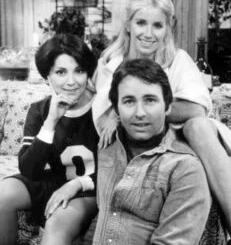

Leave a Reply